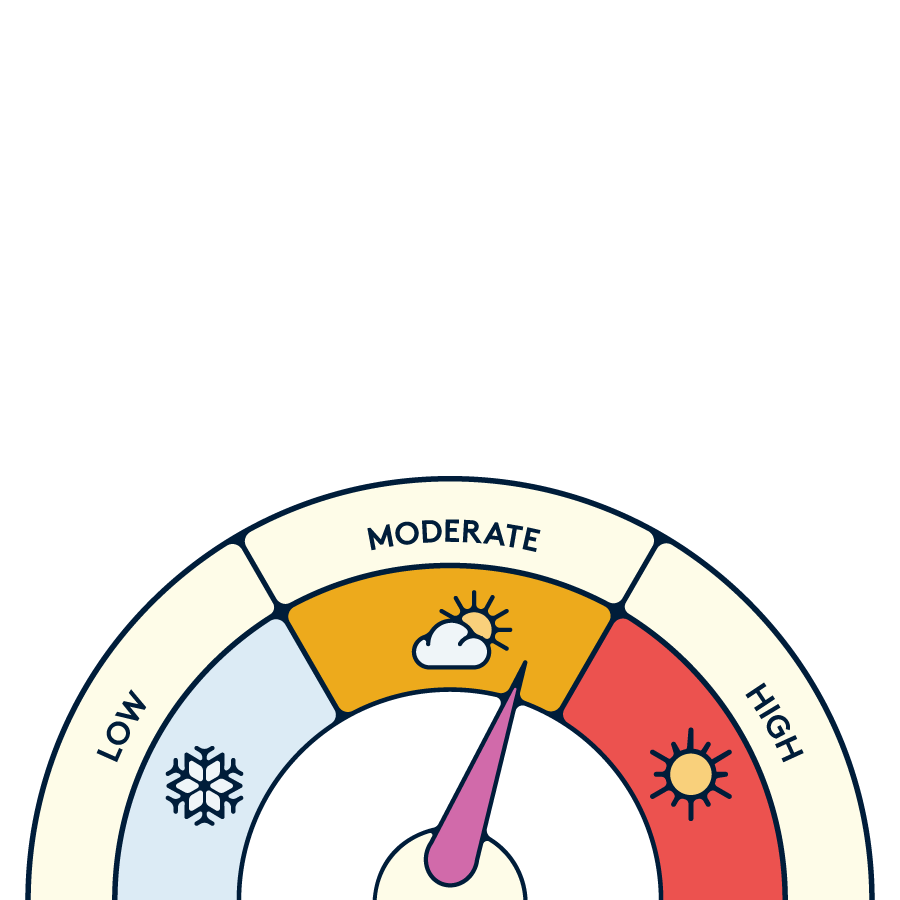Table of contents
1. Q: My libido has totally gone in lockdown. I think it’s caused by feeling flat in general, but whenever my boyfriend initiates anything, even a longer kiss, I pull away. Eeeeeek! Help!
2. How to increase libido
Illustrated by Sabrina Bezerra
Q: My libido has totally gone in lockdown. I think it’s caused by feeling flat in general, but whenever my boyfriend initiates anything, even a longer kiss, I pull away. Eeeeeek! Help!
First of all, DON’T PANIC. This is all totally normal. Like it or not, in the UK at least, we’ve been locked at home for what feels like forever, and it’s having an impact on every single area of our lives – sex and all.
To provide you with some expert reassurance as we navigate this sensitive topic, I called upon my pal, Gigi Engle, certified sex therapist and award-winning author, for some help.
What does “libido” mean?
It’s normal for our desire to engage in sexual activity to fluctuate, it’s part of the human condition. This level will most often oscillate within a range that feels normal for you, and the word we assign to describe this is “libido”.
Everyone has different levels of libido, meaning they want or need sexual interaction more frequently – which is again, completely normal. Most of the time it just hums along in the background, barely noticeable, but every so often it might dip or spike, which is when we start to become more aware of it.
The difference can feel startling and unfamiliar, and might cause us to worry, or seek professional support. Once again, this is completely normal and happens to most people at one stage or another in their adult lives. Did I mention it’s all normal? Normal, normal, NORMAL.

Why does libido fluctuate?
“Libido is so dependent on bio-psychosocial phenomena,” Gigi tells me, “so your body, your mind, and the relationships you have with the world and the people in your life are all things that inhibit or create desire.”
Roughly translated, there are a lot of factors that influence our general level of horniness, so it will fluctuate alongside the general ups and downs of daily life. Anything from job stress, to changes in hormone levels, or you know, A GLOBAL PANDEMIC, can cause your libido to be higher or lower than your own personal average. There are also certain medications, including many antidepressants (prescriptions for which are at an all time high at the moment for obvious reasons), that can mess with your libido.
Why is my libido low?
“Generally speaking,” Gigi explains, “at the moment you can divide people into one of two camps: those who have found their libido boosted in lockdown, and those who have seen it drop off a cliff – the latter seems to be much more common.” The reasons for this are complicated, but have a lot to do with our nervous system and its response to the wider threat of the pandemic, she tells me.
“If you’re experiencing anxiety or a dip in mood, which frankly, is very understandable at the moment, this can all affect your libido,” she continues. “There are three stages of nervous system response depending on how safe you feel: social (you feel safe in your environment), fight or flight (when you perceive an imminent threat) and high (when many people will experience a “freeze” response).” The latter, Gigi says, is where many of us are currently situated, making it difficult to feel much or engage with the world around us.
Our nervous systems aren’t capable of distinguishing between the general environment of diminished safety and our personal context. We’ve numbed out to cope with the deluge of bad news we’re experiencing, and unfortunately this affects our drive to engage with just about everything, sex included.
Coupled with the fact that there is little by way of external stimulation in lockdown (which can be challenging for extroverted people in particular) and the lack of distinction between work life, home life and everything in between — our lives have become one big blur of emotions. And with a lack of end in sight to this infinite present, it’s not surprising so many of us are finding our libidos a little out of whack.

Your libido is also relative to your access to sex, which – depending on your situation – is either much more than usual or much less than usual. Neither are ideal contexts for sexual desire to spark, according to Gigi.
The mental burnout of existing in a pandemic has also made it much harder to stay present in our bodies, Gigi says. “A lot of being able to experience sexuality to the fullest involves being able to stay in the moment, which many people aren’t comfortable doing – or even capable of doing – at the moment,” she explains.
But don’t fear. The most important thing to take from all of this is that fluctuations are extremely normal, especially right now. And what goes down must come up... right?
How to increase libido
If your low libido is causing you anxiety (extremely understandable) it may be compounding the issue somewhat. Go easy on yourself! You’re human after all, and there’s a lot going on. It’s OK if you’re not DTF all the time.
I’d advise you to have an open, honest conversation with your partner – or even share this article with them – to help them understand where you’re coming from, and the difficult feelings it’s provoking for you. Even if they’re not experiencing the same thing, they love you so I’m sure they’ll want to support you.
Then, Gigi advises taking sex right off the table for a week or two, to give you a chance to focus on feeling safer, which will enable you to rebuild intimacy.
“Think about what it is you personally get out of sex when you do want it – this varies a lot between people. What is it that you usually enjoy? Is it the feeling of reaffirming your emotional bond? Is it the intimacy? Or do you just love to cum? All are valid responses, but understanding what drives your sexual desire is really important.”
Once you have a better idea of that, you can use it as a positive focus to remind yourself of all the reasons you enjoy sex, and the pleasure you gain from it.
Without the pressure of full intercourse, this should enable you to focus on smaller things that might feel good, with the goal of rebuilding your confidence in intimacy.
Whether that’s cuddling more, spending a bit of time naked around one another, a bit of light touching, mutual masturbation or simply switching your phones off and spending some quality time together – take it slowly.
Depending on where your partner’s head is, they might need some comforting from you too, or permission to satisfy their own needs with masturbation as you work through this together.
Key to all of this is being honest and open with one another, going heavy on reassurance, both for yourself and for them, and exercising compassion whenever possible (especially when it comes to your own emotions).
This year has been incredibly difficult for everyone, but you’ve come this far, and things are improving all the time. Trust in that and be patient with yourself, and things are sure to get much, much easier!
And in the meantime, remember it’s all SO VERY NORMAL. Did I mention this?
Gigi’s award-winning book, All the F*cking Mistakes, is out now!






